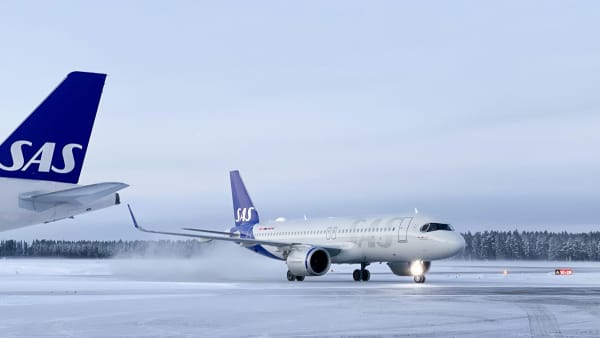Essential Skills for a Successful Aviation Maintenance Career
A career in aviation maintenance is a fascinating path that combines a love for aviation, hands-on work, and technical expertise. With aviation companies expanding rapidly across the globe, the demand for skilled aviation maintenance technicians is higher than ever. However, this field requires some very specific skillsets. Let's explore the essential skills for a successful aviation maintenance career.
Comprehensive Technical Knowledge
In-Depth technical knowledge is undoubtedly the cornerstone of a successful aviation maintenance career. This includes understanding the principles of:
- Aircraft operation and engineering
- Hydraulics and electronics
- Navigation and communication systems
- Aircraft structure and components
Strong Mechanical Skills
Working on aircraft involves working with complex mechanical systems. Aspects like knowing how to perform routine service, diagnoses, repair and replacement of parts, and managing scheduled maintenance require excellent mechanical skills.
Familiarity with Aviation Regulations
Aviation maintenance technicians must have a detailed understanding of safety regulations and standards, such as those established by the Federal Aviation Administration (FAA) in the U.S. or the European Union Aviation Safety Agency (EASA).
Proficiency with Tools and Equipment
Aviation maintenance technicians are often required to operate various tools and equipment, from the typical wrench and screwdriver to sophisticated diagnostic tools. Hence, comfort and proficiency with such instruments are crucial.
Troubleshooting Abilities
One of the most valuable skills an aviation maintenance technician can possess is the ability of effective troubleshooting. Being able to identify and diagnose issues quickly and efficiently not only saves time but also ensures the safety and performance of the aircraft.
Excellent Attention to Detail
While working with complex machines such as aircraft, overlooking even the smallest detail can lead to substantial issues. An aviation maintenance technician must be meticulous and have an eye for detail to prevent potential problems before they develop.
Physical Fitness and Stamina
Working on aircraft often involves strenuous physical activities, like heavy lifting, crawling into tight spaces or working at heights. Therefore, a degree of physical fitness and stamina is essential.
Good Communication Skills
Good communication skills will help an aviation maintenance technician to work effectively within a team, communicate with pilots and air traffic controllers, and explain complex technical information in an understandable format.
Computer Literacy
Most modern aircraft are equipped with complex digital systems. Therefore, computer literacy and an understanding of computerized diagnostic tools and software used in maintenance procedures are increasingly essential.
Adaptability and Flexibility
Lastly, being adaptable and flexible is also necessary. Often, aviation maintenance work involves shifts in odd hours, working in various weather conditions, the potential for travel, and the ability to learn and adapt as technology evolves.
In essence, everyone who is considering pursuing a career in aviation maintenance should strive to develop and refine these skills. It's also worth noting that a degree or qualification from a recognized aviation maintenance school can provide a solid foundation. These programs usually cover everything from basic tool use to in-depth technical training.
However, remember that it's not just about technical skills and knowledge. Soft skills like communication, problem-solving, and flexibility play an equally important role. So, whether you're already an aviation maintenance technician looking to advance in your career, or you're thinking about entering the field, focus on building these critical skills. You'll not only become a more competent and efficient professional but also ensure you're well-equipped for a successful aviation maintenance career.
Joining the field of aviation maintenance is your chance to play a pivotal role in ensuring the safety and efficiency of the air travel industry. The road may seem a bit challenging, but with determination and the right skill set, you can safely steer your way to a rewarding career. Make your sky the limit!




